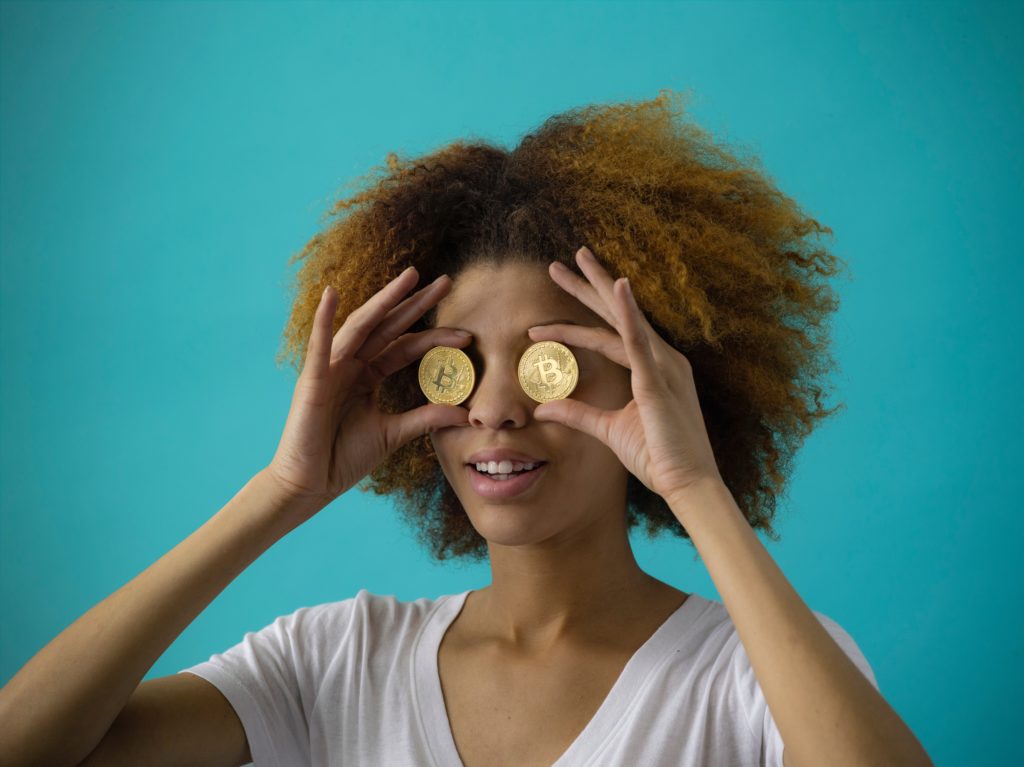Introduction:
There are a lot of objections raised against cryptocurrencies in Nigeria, the most prevalent being the association with illegal activity. In this article, we will see about ‘Does Nigeria Accept Bitcoin?’.

Does Nigeria Accept Bitcoin?
Despite the Nigerian government’s ban on cryptocurrencies, their usage is prevalent in the country and the ban has minimal impact. Instead, the Nigerian cryptocurrency community has turned to peer-to-peer trading or the direct exchange of funds. Nigeria has exchanged 60,215 bitcoins worth more than $566 million on Paxful, the world’s biggest peer-to-peer bitcoin marketplace, the most in the United States during the last five years. According to Coin-Dance figures for 2020, bitcoin trading in Nigeria increased by at least 19 percent annually, with the highest volume (20,504.50) traded in 2020 during the height of the epidemic. In Nigeria, Paxful had a 137 percent increase in new registrations between January and September of 2020.
Does Nigeria Accept Bitcoin?
The Central Bank of Nigeria (CBN) warned Nigerian banks and financial institutions in February 2021 against dealing in cryptocurrencies and facilitating cryptocurrency trades. The Central Bank of Nigeria (CBN) has instructed all banks and financial institutions to identify and cancel cryptocurrency exchangers’ accounts.
According to the CBN, cryptocurrencies are generated by unregulated and unregistered firms, which means that their usage in Nigeria violates existing legislation since they aren’t a legal currency.
CBN also stated that the anonymity of cryptocurrencies is a significant issue, stating that the anonymity and lack of KYC make cryptocurrencies susceptible to criminal uses such as money laundering and terrorist financing. Moreover, according to the CBN, the volatility of cryptocurrencies threatens the stability of the financial systems of other nations.
Nigeria banned banks and several financial institutions from involving in cryptocurrencies transactions. Although cryptocurrencies are not illegal, they are unregulated. The difficulty in regulating cryptocurrencies may be attributed to a lack of knowledge of how cryptocurrencies operate and how criminals are starting to use them.
Increasing crypto usage in Nigeria despite CBN ban:
As Africa’s biggest country faces increasing economic issues, an increasing number of young people utilize crypto to hedge against currency depreciation, transfer money inexpensively, or make a livelihood. Nigeria still has the lion’s share of peer-to-peer transactions in Africa.
At $420 million on two big platforms (Paxful and Localbitcoins), P2P volume in Nigeria has overtaken that of Kenya and South Africa. Not only have crypto groups evaded government limitations in Nigeria. The value of crypto exchanged in Africa increased by a factor of one thousand in 2021, according to a yearly evaluation of crypto usage in more than 150 countries.
Despite the government crackdown in early 2021, Africa’s biggest cryptocurrency market reacted by shifting to peer-to-peer platforms like Paxful and Binance, making it more difficult for the government to monitor and ban such transactions.
Why the CBN must relax the restriction on crypto in Nigerian banks?
•Economic benefits:
Blockchain technology has presented a variety of opportunities for Nigerians attempting to diversify their income streams and protect themselves from economic downturns, although poverty, inflation, and unemployment rates are at all-time highs and COVID-19 poses an additional threat. According to Enhancing Financial Innovation & Access (EFInA), which promotes financial inclusion through financial sector growth, a disruptive technology may reduce obstacles to financial inclusion in Nigeria. According to the analysis, Africa’s biggest economy may see its gross domestic product grow by up to $29 billion by the end of the decade.
How to get Cryptocurrencies in Nigeria?
•Bitcoin ATM
There are several Bitcoin ATMs in Nigeria, so take your favorite! The good news is that these machines make it simple to change local money to Bitcoin. In addition, they let you maintain total anonymity. The disadvantage of hiring such services, however, is that you may incur fairly high prices. Sadly, this is the cost of perfect anonymity!
•Peer-to-peer exchanges;
This method entails doing transactions with other persons as opposed to buying from licensed suppliers. Choose a payment method and price, and the exchange will match you with the most appropriate buyer. Before money is released from the escrow system, the buyer must verify that the transaction has been completed correctly.
•Crypto exchanges
If you are comfortable paying through a credit card or bank transfer, crypto brokers are an excellent alternative. It is quick and uncomplicated, much unlike making a typical internet transaction. However, not all cryptocurrency exchanges welcome Nigerian clients, so do your research ahead.
•Crypto trading platforms:
Register on one of the crypto trading platforms to have access to cryptocurrency trading. The first step is to deposit fiat cash into an online wallet. You are then free to exchange your cash for whatever crypto asset you choose to acquire. Again, you will need to do thorough research, since not all of these crypto trading sites allow Nigerian users, and market conditions are prone to fluctuate.
Conclusion;
Instead of excluding cryptocurrencies from the Nigerian financial environment, the apex bank(CBN) should collaborate with them, since the introduction of cryptocurrencies and blockchain technology could disrupt conventional banking, including central banking, in ways that we have not yet imagined.
FAQS
1. What is a cryptocurrency exchange?
This is an online exchange or digital market space where you buy Bitcoin and sell it via fiat money.
2. Why are Bitcoin exchanges so crucial?
A Bitcoin exchange facilitates the purchase and sale of virtual money. In addition, this portal provides easy access to Bitcoin-related information, such as the digital asset’s current market price.

